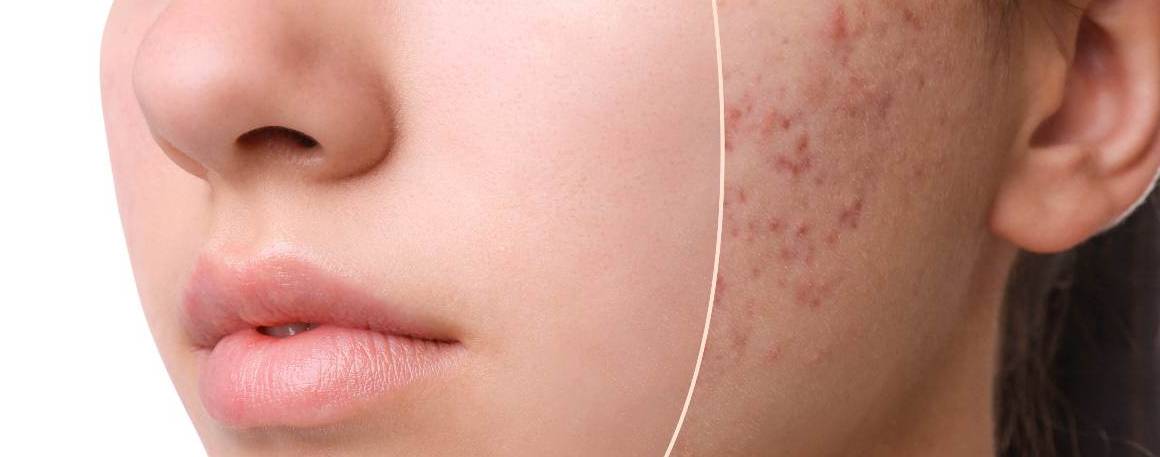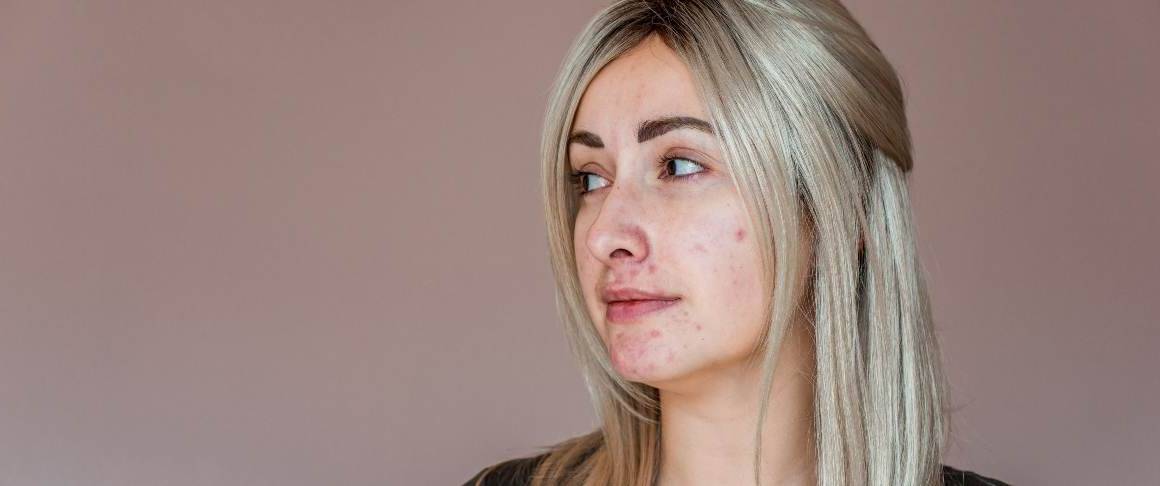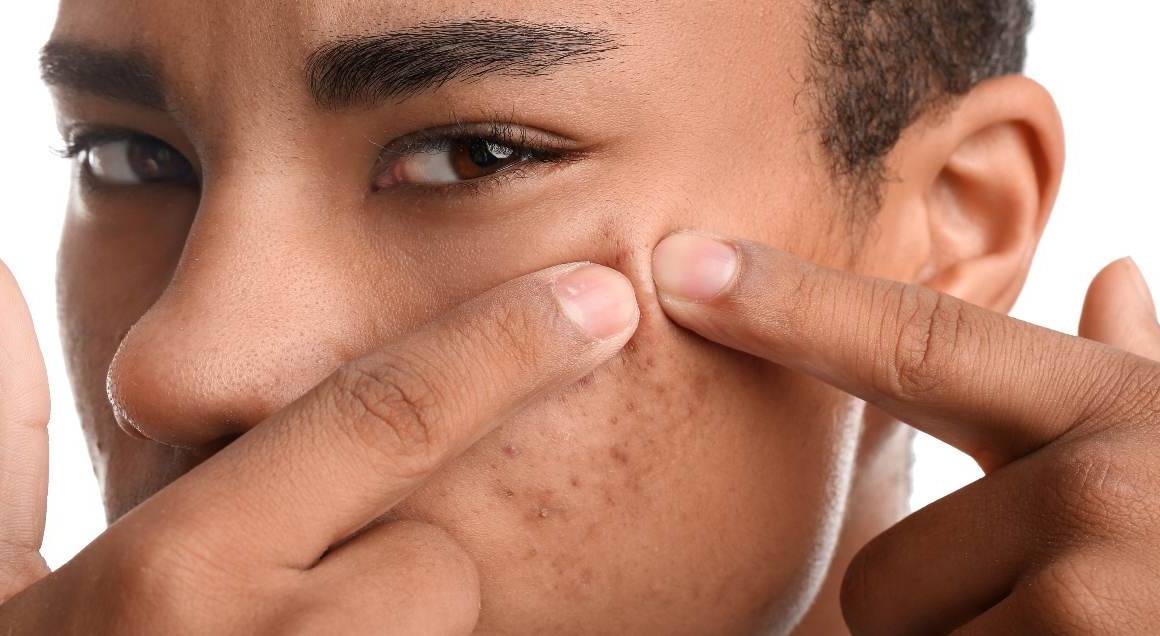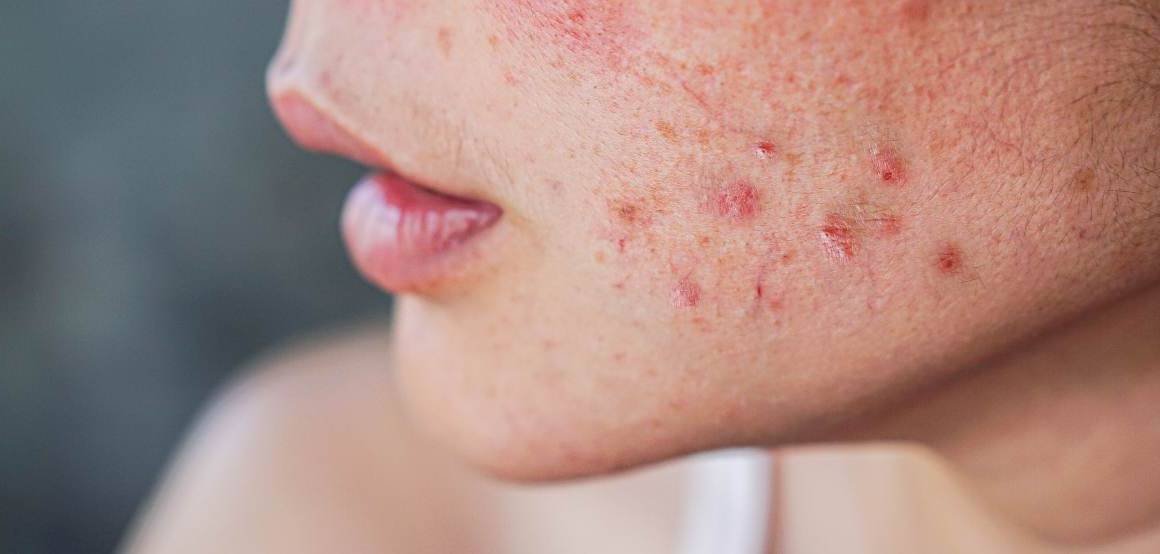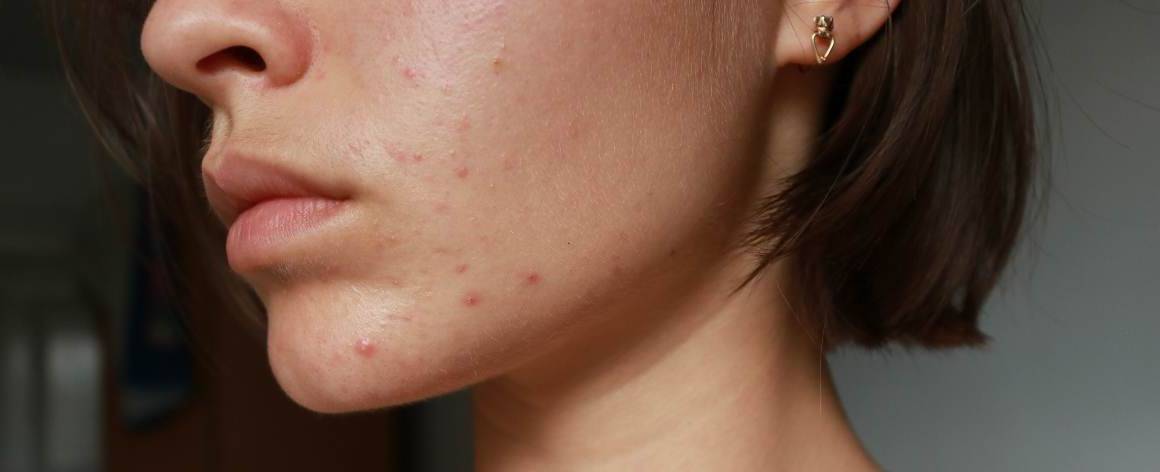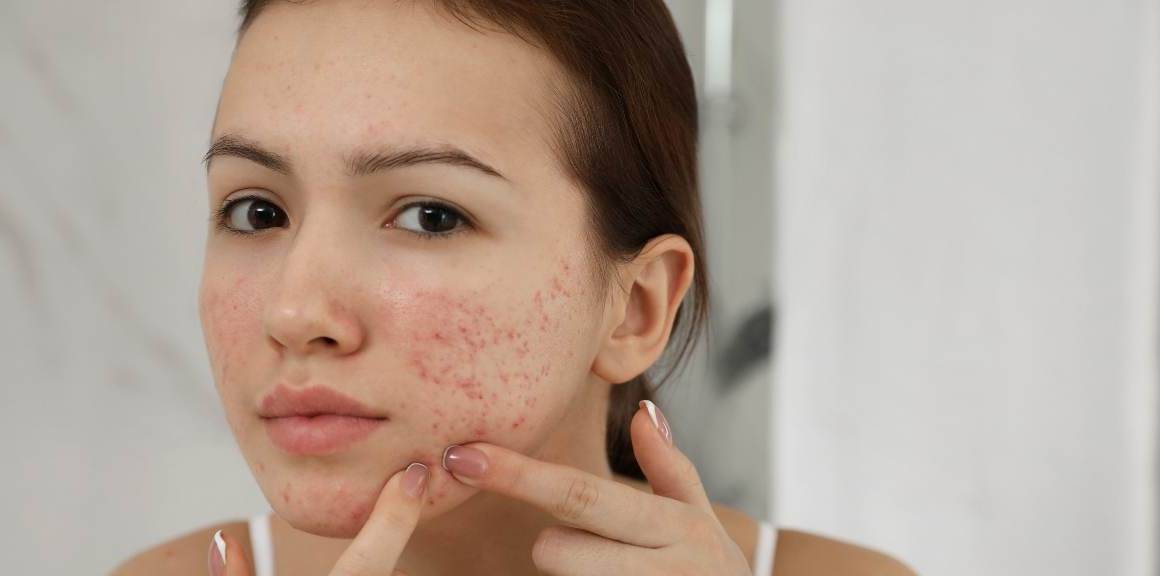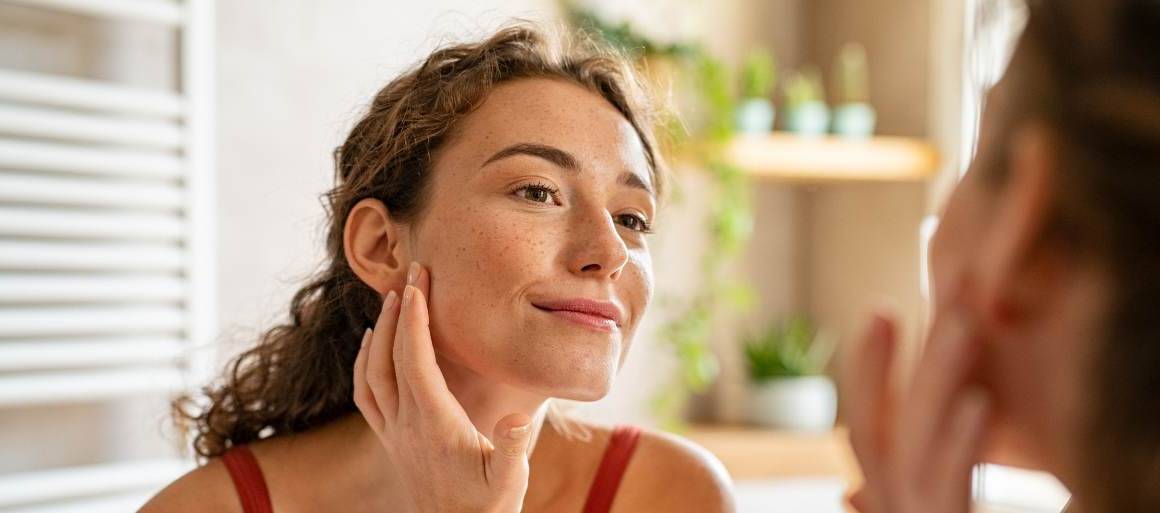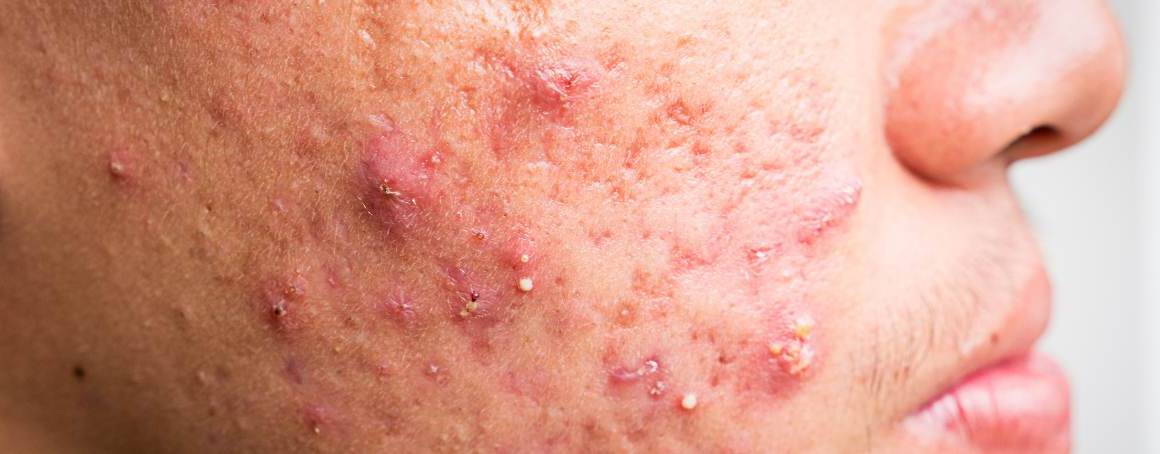
Latest news | Page 24
-
Does Lack of Sleep Cause Acne?
October 20, 2023
While lack of sleep does not directly cause acne, research shows it can worsen breakouts. Insufficient sleep quantity and irregular sleep schedules may contribute to acne by increasing inflammation and disrupting circadian rhythms. Getting enough nightly sleep and maintaining a consistent bedtime routine helps support skin health and reduces acne. But other factors like genetics and hormones also play a role, so sleep is just one piece of the puzzle.
-
What Does Acne on the Cheeks Mean?
October 20, 2023
Breakouts concentrated on the cheeks often relate to hormonal fluctuations, friction and pressure on the skin, reaction to hair/skin products, or dietary triggers. Mild cases can be managed at home with gentle cleansing, non-comedogenic moisturizers, and spot treatments. More severe cheek acne requires prescription medications or professional procedures to clear. Lifestyle measures like a healthy diet, hydration, pillowcase hygiene, and stress management also help prevent cheek pimples.
-
What Triggers Cystic Acne?
October 20, 2023
Cystic acne is characterized by large, red, painful pimples that occur deep in the skin layer. This severe form of acne is triggered by hormonal fluctuations, genetics, chronic inflammation, high stress, medications, smoking, and diet. Preventing cystic breakouts involves balancing hormones, avoiding triggers, gentle cleansing, acne-fighting ingredients, and seeking prescription treatment for resistant cystic acne.
-
Why am I getting bad acne all of a sudden?
October 20, 2023
Even if you've enjoyed clear skin for years, fluctuating hormones, medications, poor diet, stress, and other factors can suddenly lead to painful acne breakouts as an adult. Identifying and addressing the causes, while implementing a proper skincare routine with ingredients like retinoids and benzoyl peroxide, helps clear unexpected adult acne. More severe sudden breakouts may require prescription medications, so see a dermatologist if over-the-counter remedies are ineffective after 2-3 months.
-
How do I know if my acne is hormonal or stress?
October 20, 2023
Hormonal and stress acne arise from different factors but often intersect. Hormonal acne follows a monthly pattern along the lower face while stress acne flares randomly all over during stressful times. Seeing a dermatologist can help determine whether hormones, stress, or both are the main culprits behind your breakouts. They can then provide prescription treatments to target the root causes along with lifestyle changes to control acne long-term.
-
Does Alcohol Cause Acne?
October 20, 2023
While alcohol alone does not cause acne, drinking can exacerbate breakouts for acne-prone individuals. Factors like inflammation, hormone fluctuations, dehydration, and poor sleep from alcohol consumption may worsen acne. Limiting intake and choosing clear liquors like vodka and gin over beer and sugary drinks can help prevent alcohol-related acne flares. But a holistic approach is needed to properly treat acne.
-
Can Not Eating Enough Cause Acne?
October 20, 2023
While extensive research shows no universal link between diet and acne, severe calorie restriction can potentially worsen breakouts in susceptible individuals. This may be attributed to nutritional deficiencies, inflammation, hormonal imbalance, increased cortisol and insulin resistance from under-eating. However, moderate caloric deficits without crash dieting do not appear to affect acne for most people. Those prone to acne should ensure adequate intake of protein, healthy fats and micronutrients when restricting calories.
-
What are junk foods for acne?
October 20, 2023
Acne is often triggered by a diet high in inflammatory junk foods that disrupt hormone levels and cause inflammation. Limiting items like soda, candy, fried foods, dairy, and refined carbs can help improve acne. Focusing your diet around anti-inflammatory whole foods like vegetables, fruits, lean proteins, nuts, seeds, and healthy fats provides the nutrients your skin needs to stay clear and prevent breakouts. Dietary and lifestyle approaches, along with targeted supplements, can successfully control acne for many people.








